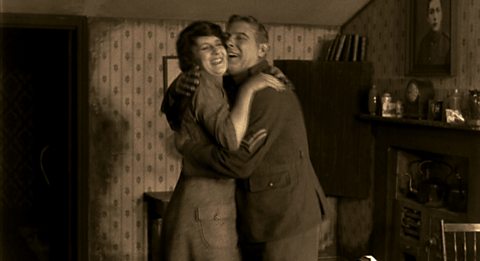Video summary
The threat of death hung over the soldiers and their families at home.
For some men, a serious injury could provide a ticket out of the war, whilst the arrival of a letter from the Front could signal terrible news back in England.
This clip features the contrasting experiences of a disillusioned soldier and the widow of a soldier killed in action.
This is from the series: I Was There: The Great War Interviews.
Teacher Notes
Key Stage 3 and Key Stage 4:
The two perspectives are used to introduce an exploration of living and fighting and fighting in the trenches, contrasting the differing perspectives from Britain and the front line.
Half the class are asked to focus on the perspective from home, whilst the rest of the group focus on the soldierβs perspective.
Both groups then have to explain the different viewpoints.
This clip will be relevant for teaching History at KS3, KS4/GCSE, in England and Wales and Northern Ireland.
Also at Third Level, Fourth Level, National 4 and National 5 in Scotland.
This topic appears in OCR, Edexcel, AQA, WJEC, CCEA GCSE and SQA.
Life as an officer during WW1. video
Charles talks about coping with looming shellshock and aspects of an officer's life.
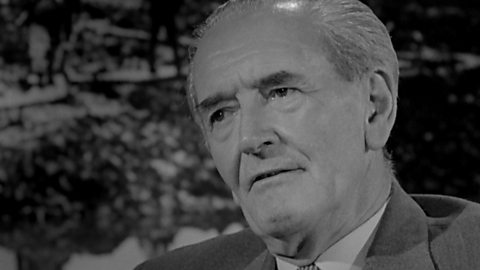
One woman's loss. video
Katie describes what the war was like from a young womanβs perspective in Manchester.
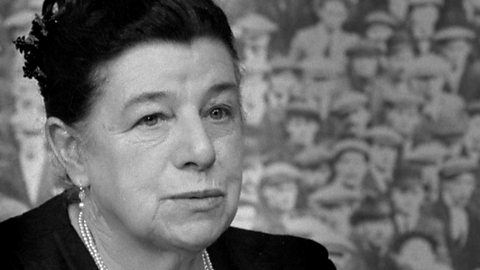
Recruiting soldiers in WW1. video
The different pressures which were applied to persuade young men to join up to fight.
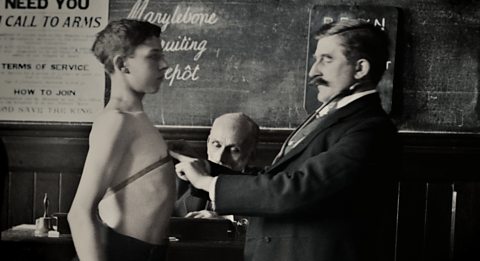
Respite. video
How men could relax and forget about life on the front line when behind the lines and get some respite from the war.
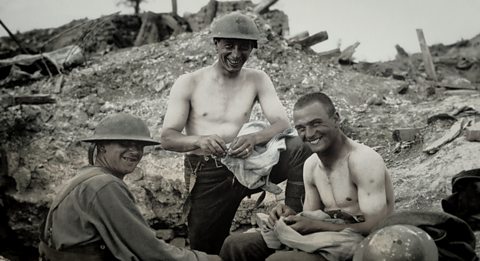
How did shell shock affect soldiers? video
Soldiers from both sides describe their experience of shell fire and the physical and psychological effects it had on them and their colleagues.
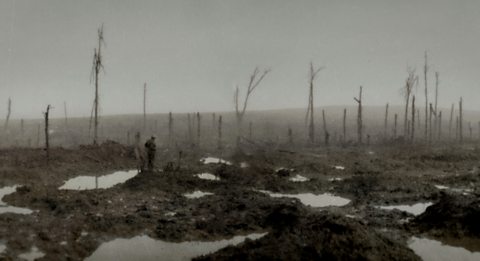
Changes on the home front during WW1. video
Relatives left at home describe what it was like coping whilst the men were away at war.
